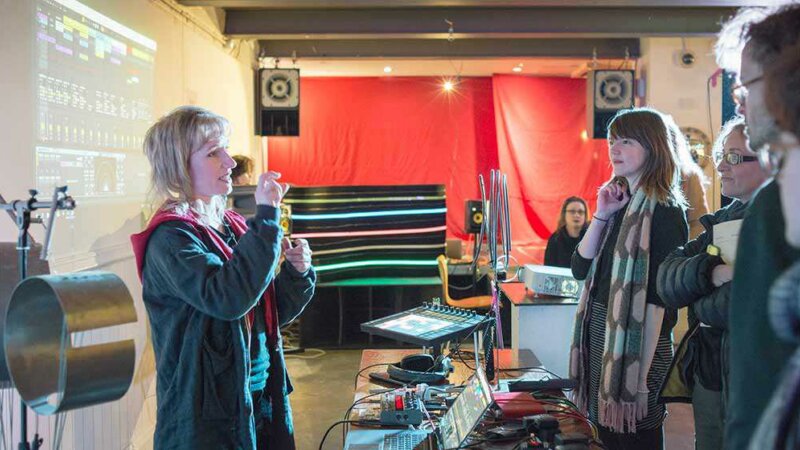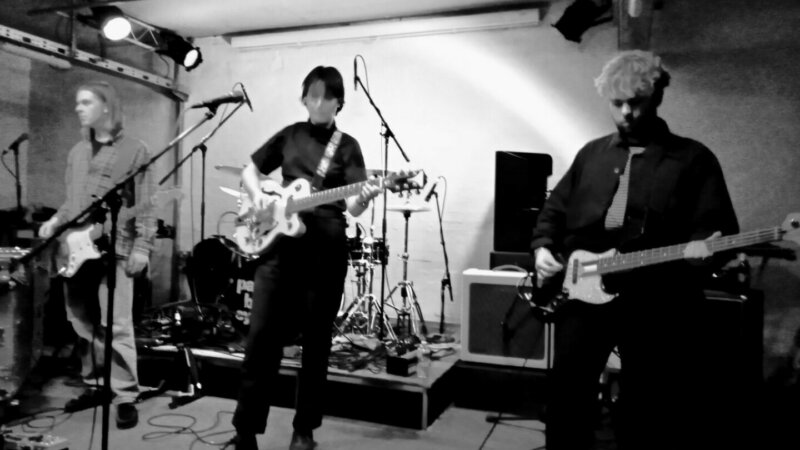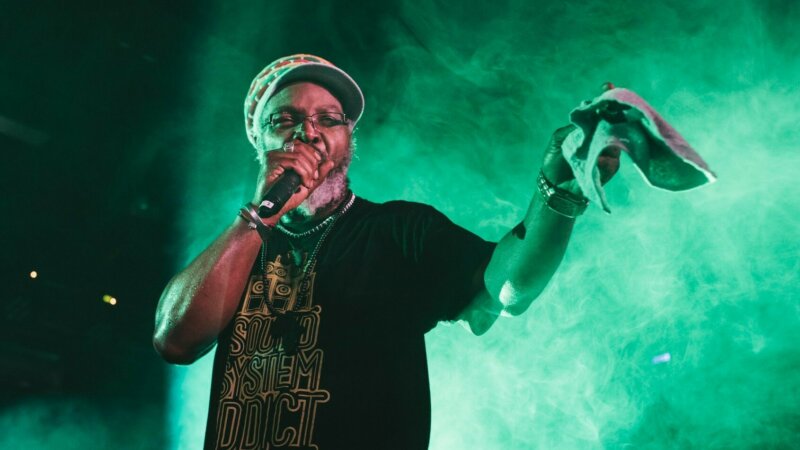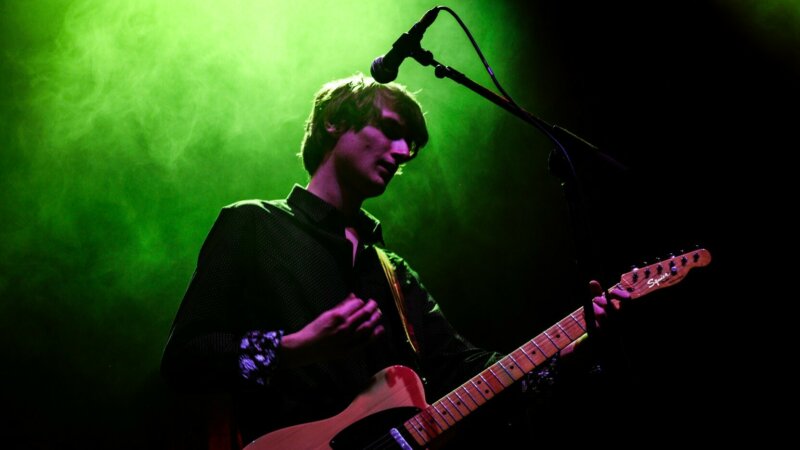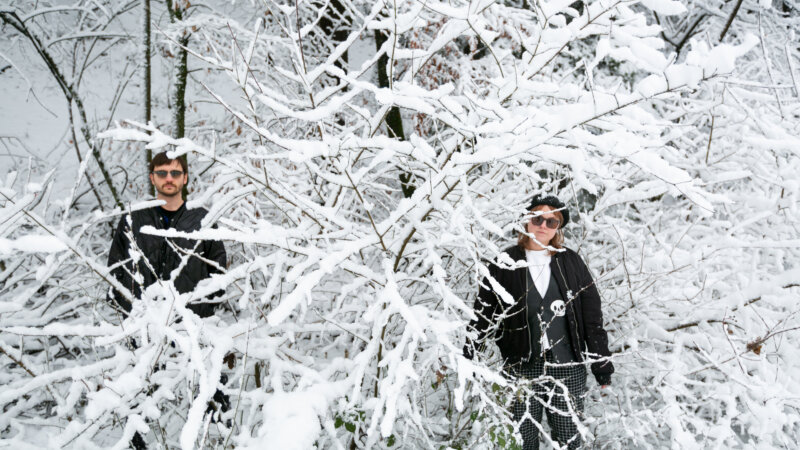Gretchen Peters Southern Fried Storytelling
Ahead of the aptly-named Strings Attached tour, which stops in Sheffield this month, we spoke to Gretchen about the past, present and future accomplishments spanning her twelve-album career.
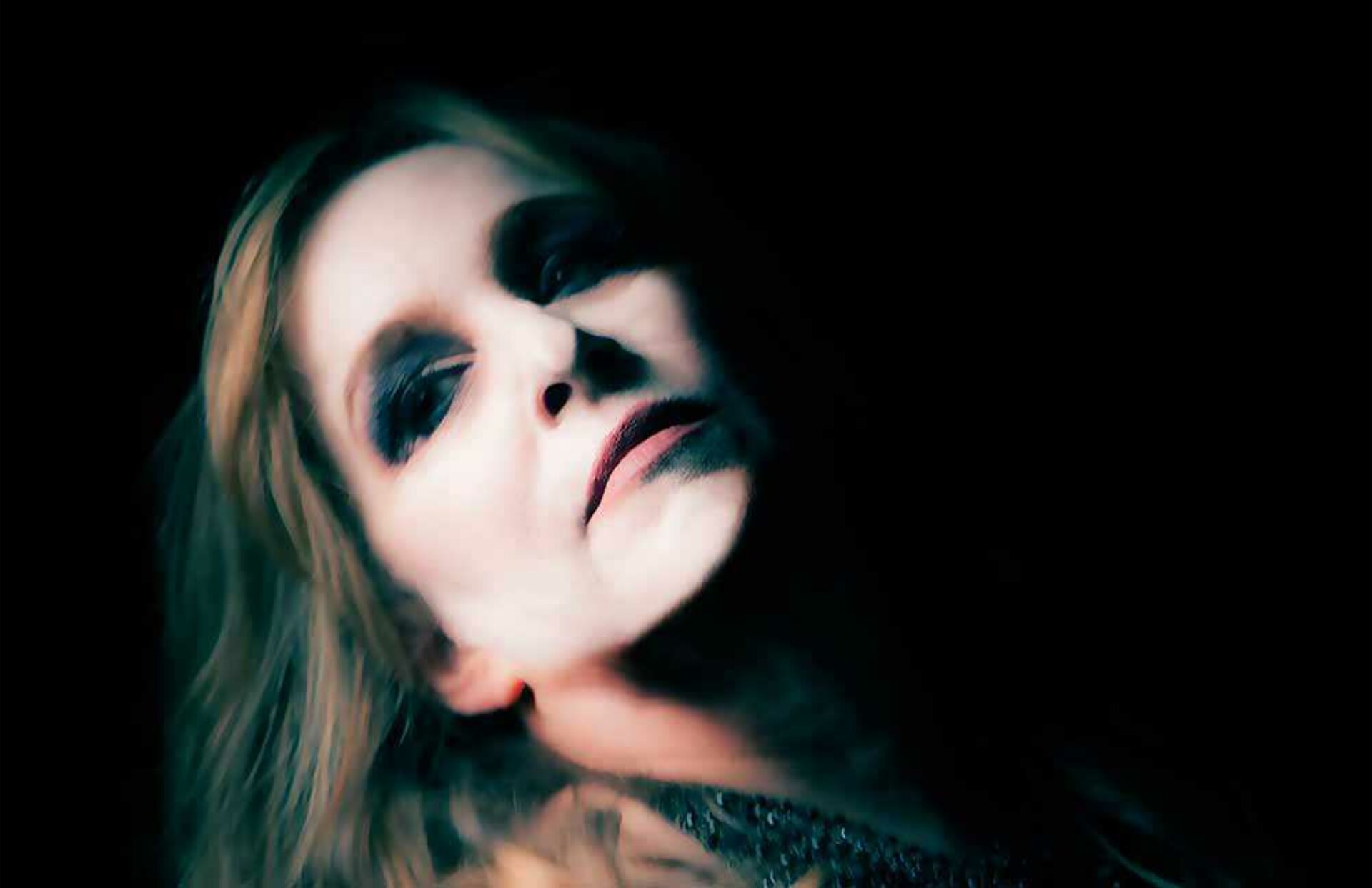
Following their headline set at Celtic Connections, Gretchen Peters and her band are bringing their unabashed and brutal, yet starkly beautiful folk music back to the UK. Only this time, with a string quartet.
Ahead of the aptly-named Strings Attached tour, which stops in Sheffield this month, we spoke to Gretchen about the past, present and future accomplishments spanning her twelve-album career.
How does it feel to be coming back to the UK?
I always look forward to it. The UK is for me, in a funny way, my home base. I've been touring there longer than I have anywhere, so I'm always excited and happy to be coming back, but especially with a tour like the one we're doing next month.
What's special about this tour?
We're touring with a string quartet which changes everything. It changes the selection of songs we're doing. It's not a tour that's so much centred around a new album as it is a real selection of things from my entire catalogue. Mostly the thing that's different is being onstage with the string section. It's just a thrill for the audience and for us. It lends a whole new dimension to the songs. I've likened it to riding a wave. When they come in underneath all the other musicians it feels like you're catching a wave.
How's it going to be for you to go back so retrospectively?
The great thing about doing it this way, when you're talking about singing songs you wrote in my case 20 years ago, is that anything you can do to make them feel fresh for yourself is a great thing. Playing them with the string section is like rediscovering those old songs all over again.
I'm not the same person I was when I wrote my first album. That was a much younger person with a different point of view. The thing that's magic about songs is that if they're good enough and sturdy enough they can hold up to completely new interpretations as you go through life. That's what I've found with these older songs. I find new meaning in them based on the years I've lived between now and then.
What's changed since the last album, Blackbirds?
I look at the last three albums as a set. I feel like there's something about them, a common thread that runs through all three. I think there was a real turning point in my writing that started with Hello Cruel World and continued on through Blackbirds and Dancing with the Beast which had to do with me digging for some more brutal truths. There was very much a conscious decision on my part to be as brutally honest as I could about things. I felt that was something I needed to do in my writing, it was a corner I needed to turn, and so I feel like each one of them has progressed naturally from that point forward.
Do your lyrics draw from personal experience?
Songwriting and writing in general is all about empathy. If you empathise with your characters in your songs then a part of you and your personal experience does end up in those characters, but that's not to say that they're not completely fictional. I am inspired and do draw on things that are going on around me, and I'm most inspired by characters that have somehow found their way into my head. I've imagined them. But imagining them is part empathy too. It's the part of you that's lived and experienced things related to those characters.
As a musician, do you feel a responsibility to react to current politics?
I feel a responsibility as a human, not just as a musician. When I sat down to write the latest batch of songs my question to myself was: how can I not acknowledge what's going on in the bigger world? Wouldn't it be dishonest to not acknowledge that in some way?
So the answer for me was that I still wrote stories about characters, about people, in this case mostly women, but the backdrop to those characters was America in 2016 and 2017. Ultimately people's stories are what change the world. If you can create empathy around a story that makes other people feel things, that may be a very small change but it is a change. Empathy in my opinion is what we need a whole lot more of right now.
What are your favourite songs to play live?
Some of them you can sing every night for decades and never get tired of, so I would have to say the songs like that. They're rare and you don't know which ones they are when you've written them. It often takes years to realise, 'I think this is one I'll play forever'. The ones that I enjoy singing the most are those ones that have whatever that quality is where they keep on evolving years after you've written them. And that's a pretty rare thing. I could only name a handful of songs I've written that I feel that way about.
Is a song ever finished?
I think they evolve. That's why I say I really believe that writing is not so much an act of self-expression as it is an act of self-discovery, because of that quality about songs. The other thing is the audience in a certain sense shapes your feelings about a song. Years ago, I heard Paul Simon say that the audience is the final co-writer. I think that's really true, because their reaction is also part of what you think about it and what you're feeling when you're singing it to them.
What about your use of the 'N' word in 'Idlewild'?
I struggled long and hard over that one and the conclusion that I reached is this: that song is a snapshot of the mid sixties from the point of view of a five-year-old child. I was that child, and in order to tell the truth about how ugly a time that was, I had to use language that was ugly and shocking and brutal.
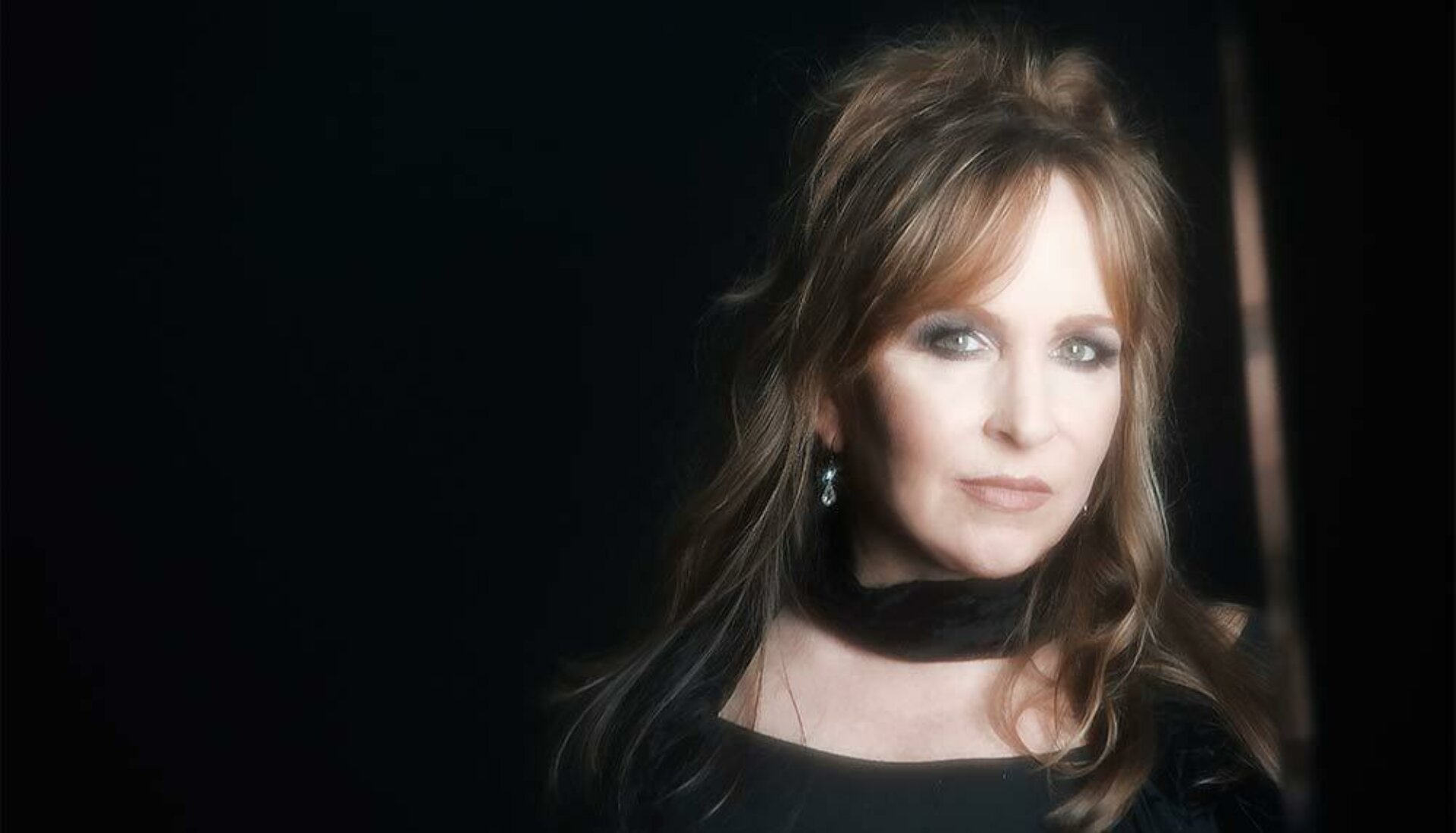
I just ask people to imagine what the impact of that line would be if I were to use some sort of a euphemism instead of using the word. I think that pretty much illustrates why it's important for writers to have access to all language. I think my allegiance, any writer's allegiance, has to be to telling the truth and being honest. I guess that's how I feel about the song. I think it shocks people and I think it's meant to shock people because that was the reality of America in the sixties.
What are you most looking forward to on the tour?
Well, the music goes without saying, but I have to say I'm also really looking forward to having the female-to-male ratio balanced out a little. I have a female tour manager, so between me and her and the four women that play in the string quartet, there'll be six women and three men. I'm looking forward to that balance being shifted a bit. I think it'll be a lot of fun. It's just fun for a change to be out with a couple of women.
Content from our allies
Now Then is funded by our allies - independent traders, community groups, charities and local government - who share our values. This content was produced independently of them. Ally mentioned in this article:


